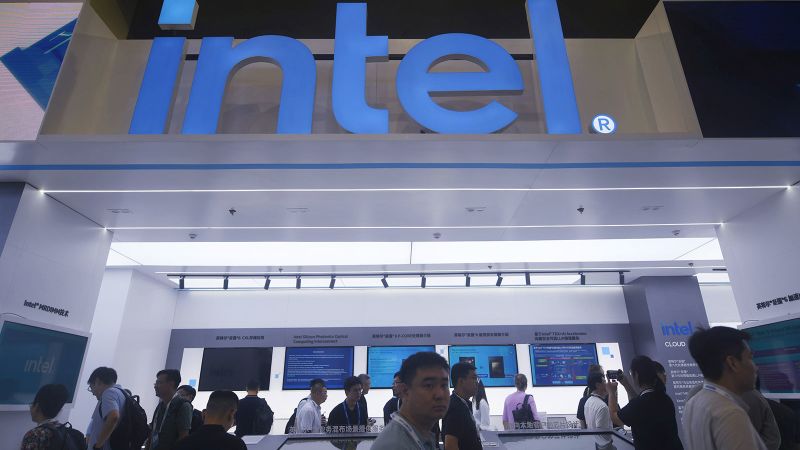The Cybersecurity Association of China (CSAC) has called for a security review of Intel products sold in China, alleging that the US chipmaker has been harming the country’s national security and interests. While CSAC is an industry group rather than a government body, it has close ties to the Chinese state, and the accusations made against Intel could potentially lead to a security review from China’s cyberspace regulator, the Cyberspace Administration of China (CAC). Intel and the CAC have not yet responded to these allegations.
Last year, the CAC prohibited domestic operators of key infrastructure from purchasing products made by US memory chipmaker Micron Technology Inc after deeming the company’s products as failing its network security review. A similar security review on Intel products could have negative impacts on the company’s revenues, with over a quarter of its revenue coming from China last year. These allegations come at a time when China is facing restrictions on its access to crucial chipmaking equipment and components led by the US, in an effort to halt the modernization of China’s military.
CSAC accuses Intel chips, including Xeon processors used for artificial intelligence tasks, of carrying vulnerabilities and having defects in product quality and security management. The group asserts that Intel products have operating systems vulnerable to backdoors created by the US National Security Agency (NSA), posing a security threat to critical information infrastructures internationally, including in China. A ban, even if temporary, on Intel products could further tighten the supply of AI chips in the Chinese market, as viable alternatives to cutting-edge Nvidia products, which are globally dominant but banned from export to China, are difficult to come by.
Intel had secured orders for its Xeon processors from several Chinese state-linked agencies for use in AI work this year, according to a Reuters review of public tenders. Analysts such as Dan Coatsworth from AJ Bell suggest that the fragile relationship between the US and China, along with ongoing discussions of trade restrictions and tariffs, may lead to retaliation from one side against the other, resulting in a tit-for-tat situation. If a security review were to be initiated on Intel products in China, it could have significant implications for the company’s operations in the region, with potential impacts on revenue and market access.
In conclusion, the Cybersecurity Association of China’s call for a security review of Intel products sold in China highlights growing concerns about the security vulnerabilities of Intel chips and the potential risks they pose to national security. The allegations come at a time of strained US-China relations and increasing restrictions on China’s access to critical chipmaking technology. Any ban on Intel products in China could further complicate the Chinese market’s access to AI chips, particularly in the absence of viable alternatives to globally dominant Nvidia products. Overall, the situation underscores the complexities of navigating the geopolitically sensitive landscape of cybersecurity and technology in a globalized marketplace.


